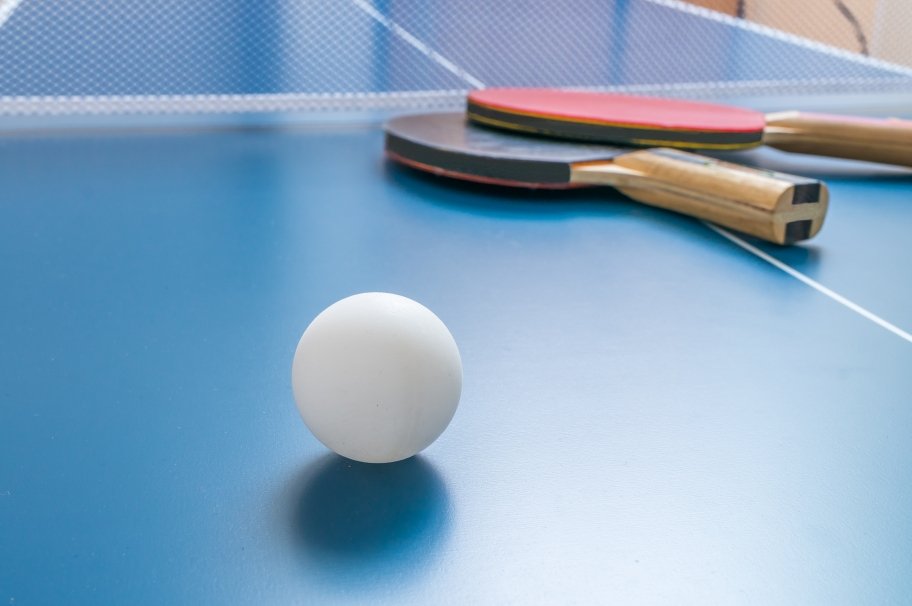"You know you're a nerd when you store DNA in your fridge," he reports to the BBC Dina Zielinski, senior scientist in human genomics at the French National Institute for Health and Medical Research — holding up a tiny vial with a very thin film on the bottom:
But this DNA is special. It does not store the code from a human genome, nor one from an animal or a virus. Stores a digital representation of a museum.

"This will easily take tens of years, maybe even hundreds," says Zielinski.
Research into how we might store digital data within DNA strands has exploded over the past decade, in the wake of efforts to sequence the human genome, synthesize DNA and develop gene therapies.
Scientists already have encode movies, books and computer operating systems into DNA. It Netflix he has even used it to save an episode of the 2020 series Biohackers.
The information stored in DNA defines what it means to be human (or any other species). But many experts argue that it offers an incredibly compact, durable and long-lasting form of storage that could replace many forms of unreliable digital media in circulation today, which are often damaged and require huge amounts of energy to store.
Meanwhile, some researchers are exploring other ways we could store data effectively forever, such as etching information into incredibly durable glass beads, a modern take on cave drawings.
Even before addressing the issue of energy required to power (and cool) data centers, Zielinski points out that data stored on hard drives “lasts on average maybe 10 to 20 years, maybe 50 if you're lucky and the conditions are perfect".
And yet we have already managed to recover DNA from mammoths millions of years old...
Olgica Milenkovic, a professor of electrical and computer engineering at the University of Illinois at Urbana-Champaign, acknowledges that DNA can be damaged by things like moisture, acids and radiation, "but if it's cold and dry, it will stay intact for hundreds of years.” If it's stored in an ice vault, "it can last forever, pretty much."
It's not the only option, according to Peter Kazansky, professor of optoelectronics at the University of Southampton, who created a technology visualof storage that etch nanostructures on glass disks.
But Latchesar Ionkov, a scientist computers who works on DNA storage at Los Alamos National Laboratory, believes we are only decades away from being able to store the estimated 33 zettabytes of data humans will have produced by 2025 in a space the size of his football ping-pong.





